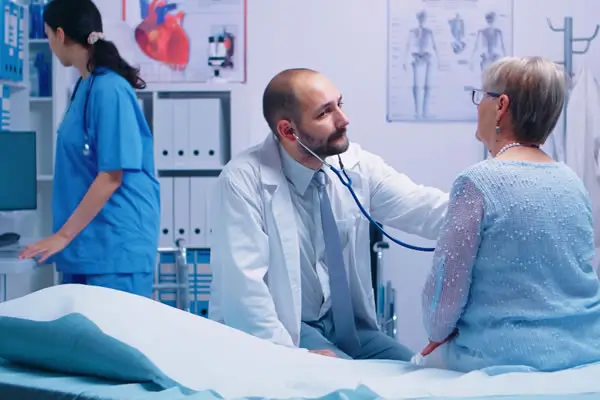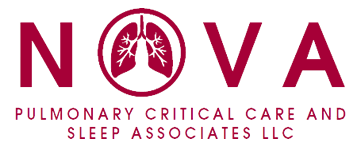What is Bronchoscopy?
Bronchoscopy is a medical procedure that allows a healthcare provider to examine the airways and lungs using a thin, flexible tube called a bronchoscope. The bronchoscope is typically inserted through the nose or mouth and then advanced through the trachea (windpipe) into the bronchi and smaller airways of the lungs.
There are two main types of bronchoscopy:
Flexible Bronchoscopy:
Instrument: This procedure uses a flexible fiberoptic bronchoscope, which is a thin, flexible tube with a light and a camera on the end.
Insertion: The bronchoscope is usually inserted through the nose or mouth, and the patient may be given a local anesthetic to numb the throat and reduce the gag reflex.
Indications: Flexible bronchoscopy is commonly used to visualize the airways, obtain biopsies, collect samples of mucus or tissue, remove foreign objects, and diagnose or treat various respiratory conditions.
Rigid Bronchoscopy:
Instrument: In this type, a rigid bronchoscope, which is a straight, inflexible tube, is used. It is typically larger than the flexible bronchoscope.
Insertion: Rigid bronchoscopy is usually performed under general anesthesia. It is often used for more complex procedures or when there is a need for better control of bleeding.
Indications: Rigid bronchoscopy may be employed for the removal of larger foreign bodies, controlling bleeding, treating tumors or strictures, and other interventions.
What are indications for Bronchoscopy?
Common indications for bronchoscopy include:
Diagnostic Purposes: To investigate the cause of persistent cough, hemoptysis (coughing up blood), abnormal chest X-rays, or unexplained lung infections.
Therapeutic Interventions: To treat conditions such as tumors, strictures, or foreign body removal.
Biopsy: To obtain tissue samples for further analysis, aiding in the diagnosis of lung diseases or cancers.
Lung Cancer Staging: To assess the extent of lung cancer and determine appropriate treatment options.
Evaluation of Respiratory Symptoms: To investigate and diagnose conditions such as asthma, chronic bronchitis, or interstitial lung disease.
Bronchoscopy is generally considered a safe procedure. Patients should discuss any concerns with their healthcare provider before undergoing bronchoscopy.


Meet the team at NOVA Pulmonary Critical Care and Sleep Associates

Dr. Aditya N Dubey, M.D, F.C.C.P. – Founder
Specialty:
Pulmonary, Critical Care and Sleep Medicine
Board Certified by American Board of Internal Medicine in the Subspecialities of Pulmonary Medicine, Critical Care Medicine and Sleep Medicine. Learn more about Dr. Dubey

Dr. Petra Thomas, M.D.
Specialty:
Pulmonary Medicine
Board Certified by American Board of Internal Medicine in the Subspecialities of Pulmonary Medicine. Learn more about Dr. Thomas

Dr. Arman Murabia, M.D.
Specialty:
Pulmonary, Critical Care and Sleep Medicine
Board Certified by American Board of Internal Medicine in the Subspecialities of Pulmonary Medicine, Critical Care Medicine and Sleep Medicine. Learn more about Dr. Murabia

Rebekah Lee, AGNP-C
Nurse Practitioner. Learn more about Rebekah Lee

Christine Amorosi, AGNP-C
Nurse Practitioner. Learn more about Christine Amorosie
Office Locations
Conveniently located near you in Loudoun and Fairfax VA
NOVA Pulmonary – Dulles
24430 Stone Springs Boulevard
Suite 200
Dulles, VA 20166
NOVA Pulmonary – Lansdowne
19415 Deerfield Avenue
Suite 301
Landsdowne, VA 20176
